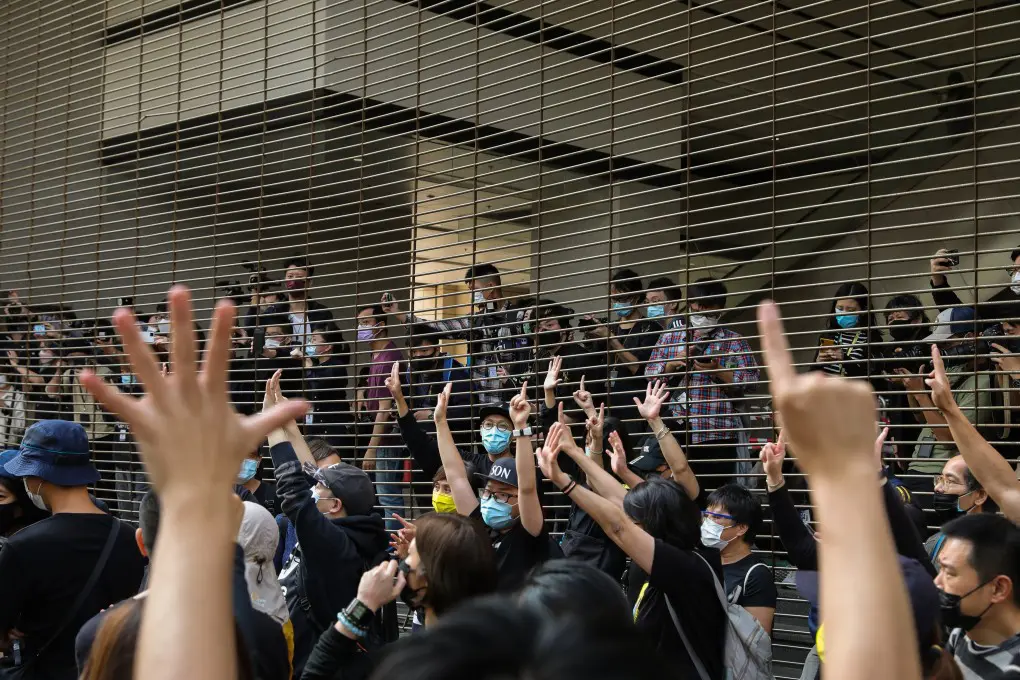In a bold move towards reforming the UK criminal justice system, Minister proposals have emerged advocating for bans on criminals from pubs, social events, and sports grounds as alternatives to traditional incarceration. This innovative approach is being considered as part of a comprehensive review led by courts minister Sarah Sackman, aiming to explore more effective ways to curb reoffending rates and enhance community safety. The idea of implementing pub bans and other restrictions presents a potential shift in how public health policies and criminal justice intersect, especially concerning alcohol consumption regulations. As discussions unfold, implications for community engagement and the overall effectiveness of these measures in reducing crime will be critical points of consideration.
Understanding the potential impact of these social event bans requires an exploration of the motivations behind such strategies. By discouraging criminal participation in community activities, the government aims to not only punish offenders but also rehabilitate them, encouraging responsible behavior in society. This unique perspective on alternatives to incarceration has the potential to address pressing issues within the justice system, including overcrowded prisons and high rates of recidivism.
Overview of the Current Criminal Justice Landscape
The UK’s criminal justice system is grappling with significant challenges, notably marked by a staggering backlog of court cases that has surged to 73,000. This growing volume has put increased pressure on the courts and correctional facilities, prompting a reevaluation of existing strategies. Sarah Sackman has indicated that during her tenure, tackling this backlog remains a top priority, alongside addressing the rising numbers of incarcerated individuals. With overcrowding becoming detrimental to public safety and the well-being of prisoners, the Minister’s proposals for pub bans reflect an innovative pivot towards more community-centered solutions.

The Need for Reform in Incarceration Practices
Proposals for social event bans are part of a broader movement towards effective criminal justice reform that seeks to address root causes of criminal behavior rather than solely focusing on punitive measures. This shift is partly inspired by the Leveson review, which encourages discussions on how punishment can be effectively administered outside of the prison system. Notably, evidence suggests that many individuals reoffend upon release due, in part, to inadequate support and resources. Thus, the government’s focus on community engagement through punitive exclusions signifies a proactive step in redistributing the emphasis of justice from retribution to rehabilitation.
Additionally, the active involvement of community organizations can play a pivotal role in preventing crime and aiding reintegration for former offenders. By understanding the social dynamics of neighborhoods and emphasizing shared responsibility, these initiatives are designed to mitigate underlying issues that lead to criminal behavior, effectively reducing the need for alternatives to incarceration.
Exploring the Prospective Legislative Proposals
The government is contemplating various legislative proposals as a means to combat the current challenges in the criminal justice system. Among these proposals is the introduction of mandatory work for offenders, which aims to engage them with constructive activities rather than subjecting them to prison time. This aligns with the overarching goal of reducing reoffending through meaningful rehabilitation and societal contributions. By serving within their communities, offenders can develop accountability and potentially transform their paths.

Concerns and Critiques of Current Approaches
While the proposals may appear promising, skepticism exists concerning their practical implementation. Critics argue that blanket bans on attending social events may not account for individual circumstances and could further alienate offenders. An effective criminal justice reform policy must balance punitive measures with understanding and empathy; otherwise, risks of exacerbating social issues remain. Ensuring the right systems are in place to support compliance with such bans and mandatory work programs will be essential for success.
Another pressing concern is the effective monitoring of these bans. Establishing a clear framework that defines how and when bans will be enforced, as well as the support systems for individuals affected, ensures that the public health policies remain equitable and just. Improving transparency and accountability within this context may help to bolster public confidence in the government’s capacity to reform the criminal justice landscape.
Impact on Community Engagement and Alcohol Consumption
The relationship between community engagement and alcohol consumption regulations cannot be overlooked. The proposed bans may unintentionally discourage responsible drinking practices among individuals who have previously engaged in criminal activities linked to substance abuse. Thus, it becomes pertinent to incorporate educational initiatives emphasizing responsible drinking brands and behaviors while fostering a support system that encourages positive community interactions, even among those who may be excluded from certain events.
Social events can act as critical venues for fostering community unity and celebrating responsible behavior. Involving local businesses and organizations in creating alternative engaging activities could mitigate the potential negative effects of exclusionary bans. By generating awareness about community-driven programs, stakeholders can effectively bridge the gap between enforcement of bans and the promotion of healthy, responsible lifestyle choices.
Challenges in Implementing Public Health Policies
Implementing effective public health policies in conjunction with legal regulations presents complexities. How policies are executed and communicated to communities will be vital in encouraging compliance and fostering collaborative environments for rehabilitation. An outreach program geared toward educating communities on the purpose of these proposals, as well as the potential benefits of community engagement, should be prioritized. Furthermore, legislative support for the establishment of social initiatives that promote healthy lifestyle choices in lieu of returning to criminal activity will aid in producing meaningful results.
Conclusion of the Ministers Proposals for Future Considerations
As conversations around the Minister’s proposals continue, it remains essential to prioritize collaboration within communities and ensure that justice measures are implemented with empathy. The ability to transform the criminal justice landscape depends heavily on how effectively stakeholders work together to create equitable systems that benefit society as a whole. With thoughtful planning and a commitment to reform, the possibilities for addressing crime through community-focused measures can lead to substantial changes in the UK’s approach to justice.
| Proposed Measures | Expected Outcomes | Challenges |
|---|---|---|
| Pub Bans | Reduced reoffending rates and improved community safety. | Potential backlash from offenders and failures in monitoring. |
| Social Event Bans | Stronger community engagement and lower rates of crime. | Concerns about individual circumstances and potential isolation. |
| Mandatory Work Programs | Increased accountability and support for rehabilitation. | Resource allocation and compliance challenges. |
| Alcohol Consumption Regulations | Promotion of responsible drinking and healthier lifestyles. | Resistance from alcohol industry and community misunderstandings. |
Source: www.theguardian.com
I’m Mikael, a 35-year-old Gossip Gravity Creator. I’m passionate about curating captivating content that sparks conversations and ignites curiosity. Join me on this exciting journey as we explore the fascinating world of gossip and trends together!



